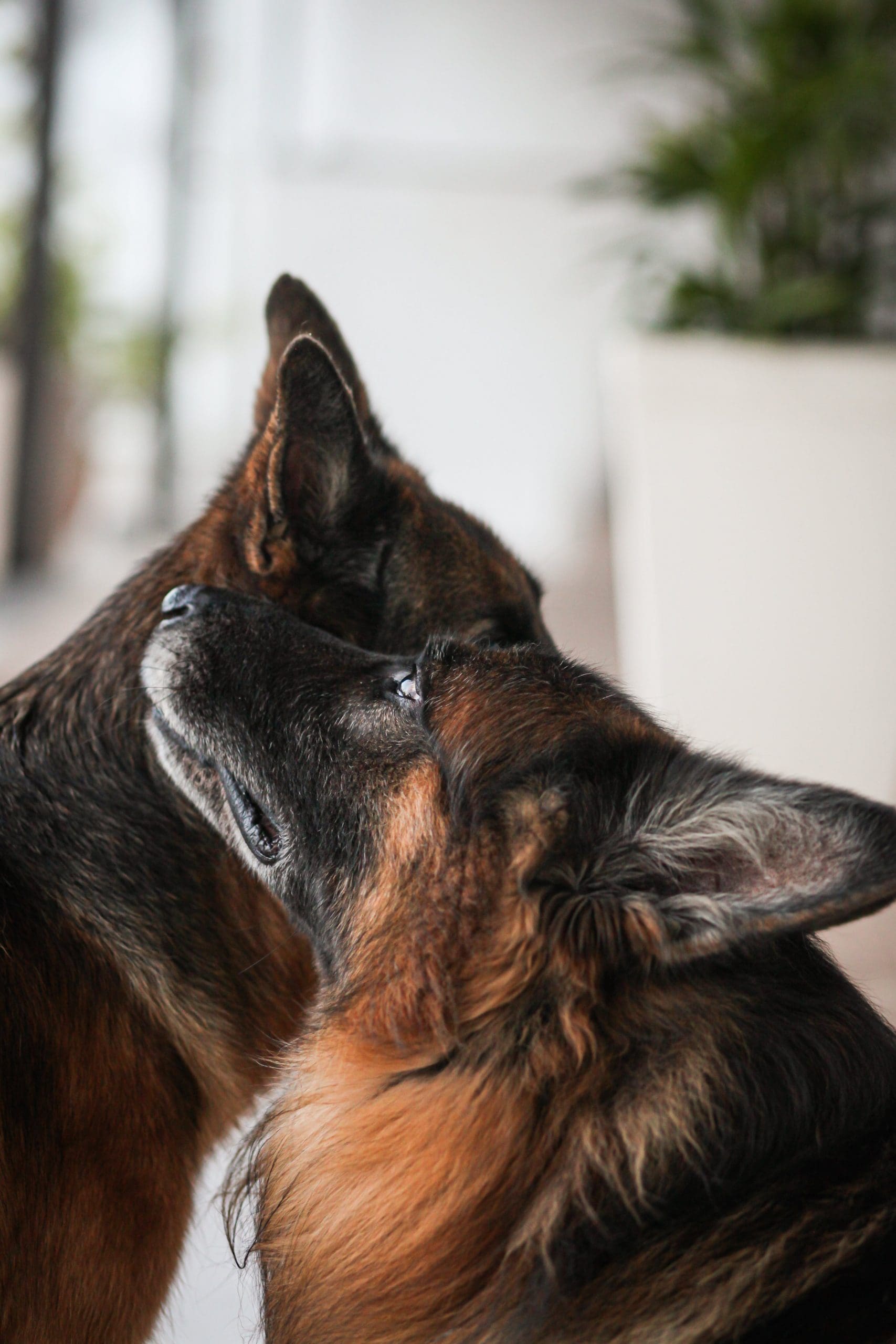How Much Imodium Can I Give My Dog?
Post Date:
December 10, 2024
(Date Last Modified: December 13, 2024)
When dogs experience digestive issues, it can be distressing for both the pet and the owner. Diarrhea, a common ailment, can stem from various causes such as dietary indiscretion, infections, or stress. Many pet owners may consider the safety and dosage of over-the-counter medications like Imodium. It’s essential to understand how this medication works, appropriate dosages, and potential risks.
What is Imodium?
Imodium, or loperamide, is an anti-diarrheal medication typically used in humans. It slows down gut movement, reducing the frequency of bowel movements and making stool less watery. While generally safe for dogs in specific situations, it must be approached with caution.
Consultation is Key
Before administering any medication, including Imodium, consulting a veterinarian is crucial. A vet can assess your dog’s condition and recommend the best course of action. Some diarrhea cases may indicate a more serious underlying health issue that requires tailored treatment instead of just symptom management.
Dosage Guidelines
If a veterinarian confirms that Imodium is suitable for your dog, knowing the correct dosage is vital. The typical dosage ranges from 0.1 to 0.2 mg of loperamide per kilogram of the dog’s body weight, given two to three times a day. This is a general guideline, and dosages can vary based on individual circumstances.
To administer Imodium safely, you must know your dog’s weight in kilograms. For instance, if your dog weighs 10 kilograms, a dose of 1 to 2 mg would be appropriate. Select the correct formulation, as Imodium is available in various forms, including tablets and liquid. Avoid any formulas with additional ingredients like acetaminophen, which can be harmful to dogs. Always read labels carefully.
Monitoring Your Dog
While Imodium can help treat mild diarrhea, monitoring your dog after administering the medication is essential. If your dog shows signs of distress—such as lethargy, vomiting, or worsening diarrhea—contact your veterinarian immediately. Diarrhea can lead to dehydration, a serious concern for dogs. Ensure your dog has access to plenty of fresh water during digestive issues.
Breed Sensitivities and Health Considerations
Not all dogs can take Imodium safely. Certain breeds, especially those known to be sensitive to medications, like collies, should avoid loperamide. Dogs with underlying health issues, such as liver disease, should not take Imodium without veterinary approval. Pregnant or nursing dogs also require special consideration regarding medication.
Addressing Underlying Causes
Consider the underlying cause of your dog’s diarrhea. If your pet has been exposed to toxins, has a bacterial or viral infection, or suffers from chronic conditions like inflammatory bowel disease, Imodium may not be the right choice. Addressing the root cause is essential rather than merely managing symptoms.
Supportive Measures
In addition to medication, several supportive measures can help your dog feel better. Gradually transitioning to a bland diet can be beneficial. Foods like boiled chicken, white rice, or plain pumpkin may help settle your dog’s stomach. Always consult with your veterinarian before changing your dog’s diet, particularly during illness.
If diarrhea persists for more than 24 to 48 hours despite treatment, seeking veterinary care is imperative. Prolonged diarrhea can lead to serious complications, including dehydration and electrolyte imbalances. A veterinarian may perform diagnostic tests to identify the underlying cause and recommend appropriate treatments.
Empowering Pet Owners
Understanding how much Imodium to administer is crucial when addressing digestive issues. Prioritizing your pet’s safety ensures the most effective treatment. A veterinarian serves as the best resource for determining the appropriate approach for your dog’s specific situation.
Caring for a dog experiencing diarrhea can be overwhelming, but many pet owners face similar challenges. By staying informed, seeking professional advice, and exercising patience, you can help your furry friend recover and return to their happy, active self.






